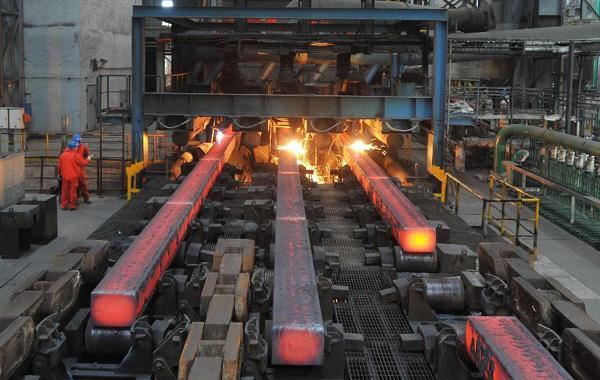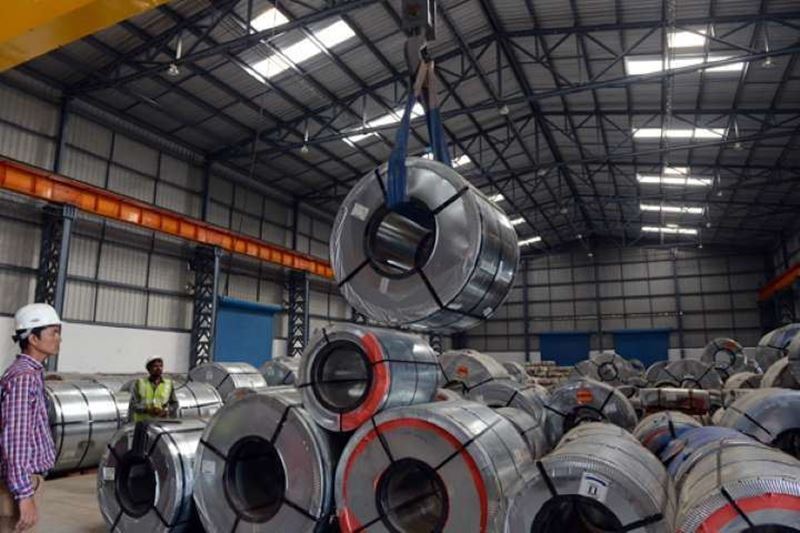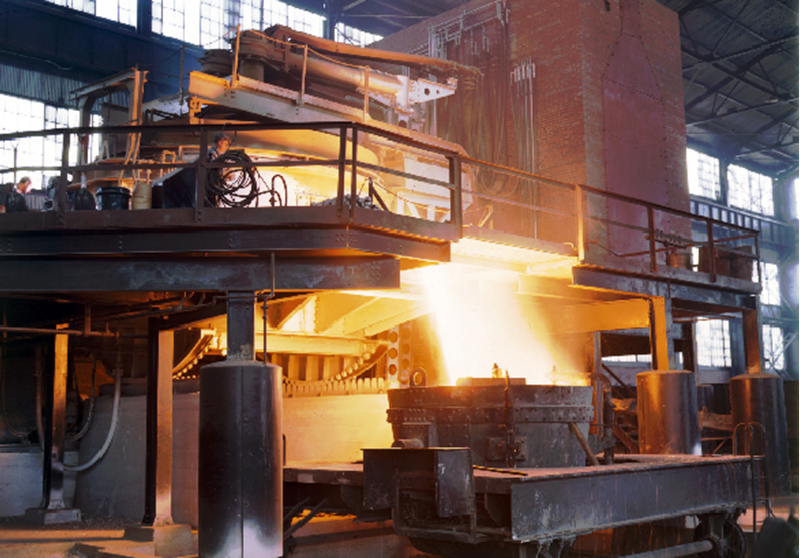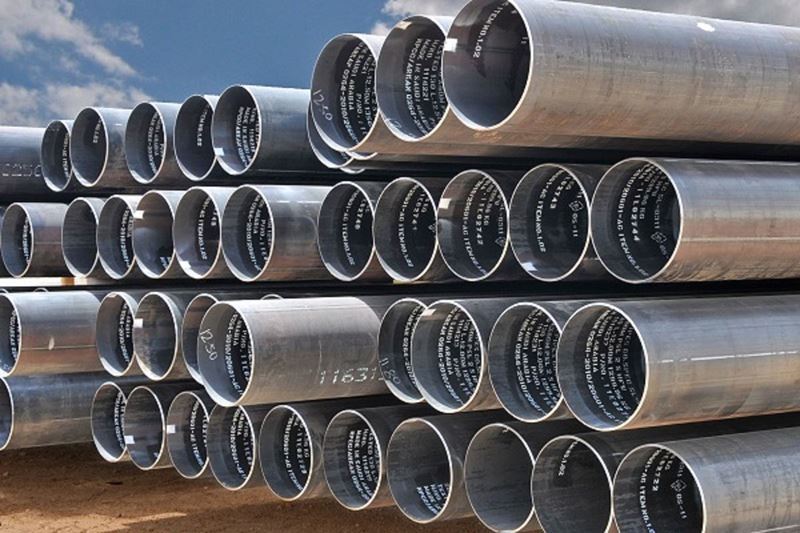China's steel industry is increasing its exports of steel products to international markets as it tries to overcome challenges in the domestic market, including a slowdown in the real estate sector.
According to the Korean Iron and Steel Association's statement dated September 12, China's steel product exports in the first seven months of this year amounted to 51.925 million tons; This represents 78% of the previous year's annual export volume of 66,577 million tonnes. This year's average monthly export volume reached 7,417 million tons, a significant increase of 33.7 percent compared to last year's 5,548 million tons.
Especially regions close to China such as South Korea, Southeast Asia and Africa are becoming important destinations for China's steel exports. In these five immediate regions alone (South Korea, Vietnam, Thailand, Philippines and Indonesia), the average monthly export volume of Chinese steel products increased by 32.3% to 497,261 tons this year, from 375,976 tons in the same period last year.
Various countries are stepping up the implementation of sanctions to protect their domestic steel industries from the onslaught of low-cost Chinese steel products.
On September 11, it was announced that anti-dumping duties would be imposed on Chinese steel for five years. China's steel exports to India reached 600,000 tons in the April-July period, which coincides with the beginning of India's fiscal year, with a significant increase of 62% compared to the same period last year.
Last month, Mexico unexpectedly increased import steel tariffs by up to 25% for countries that have not signed a free trade agreement (FTA). There is a widespread view in the industry that Mexico's move is mainly aimed at low-cost Chinese steel products.
The South Korean steel import market is experiencing a significant influx of Chinese steel products, especially construction steel such as steel bars and wire rod. In the January-July period, the volume of China's steel imports to South Korea increased by 30% compared to the same period last year, reaching 5,274,372 tons.
In addition, Japan's steel exports to South Korea increased by 6.1 percent during the period due to the "weak yen effect". This poses a dual challenge for the domestic steel industry.











Comments
No comment yet.